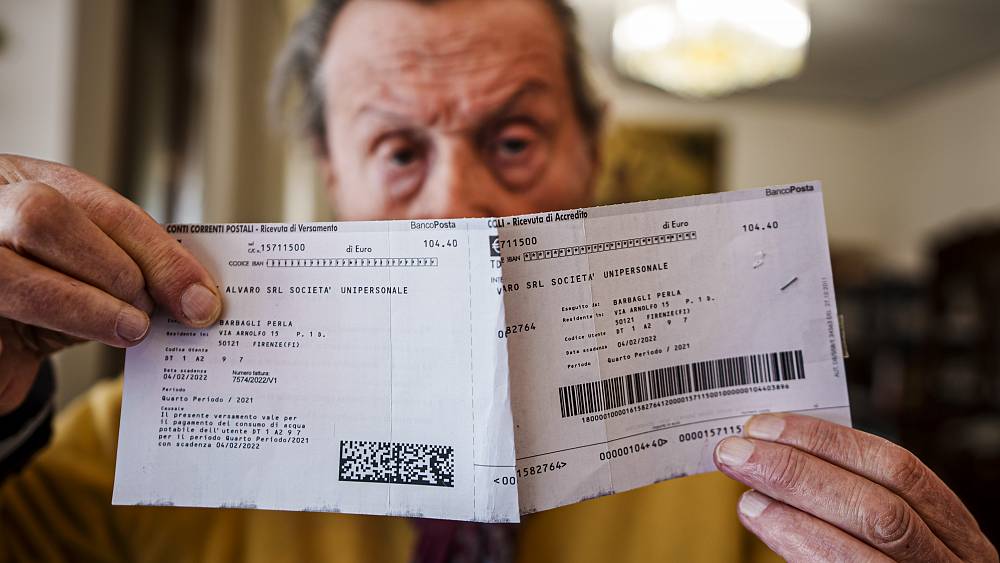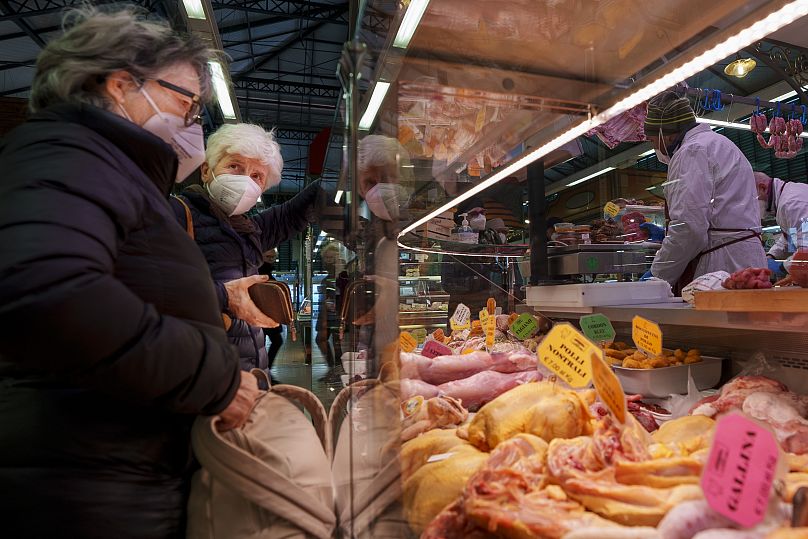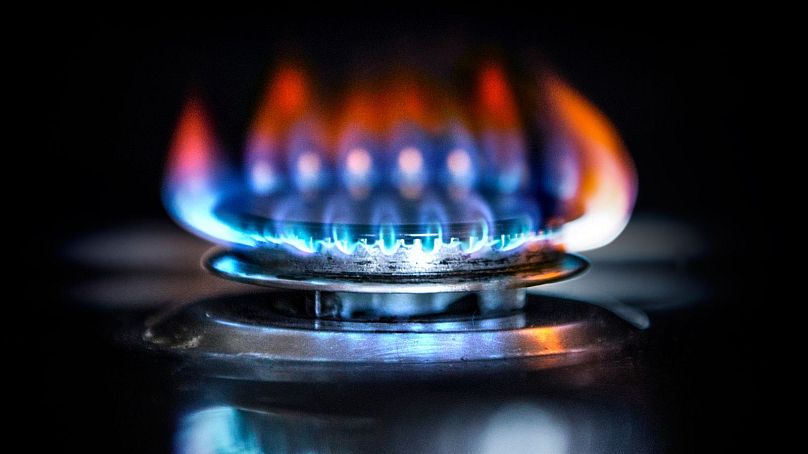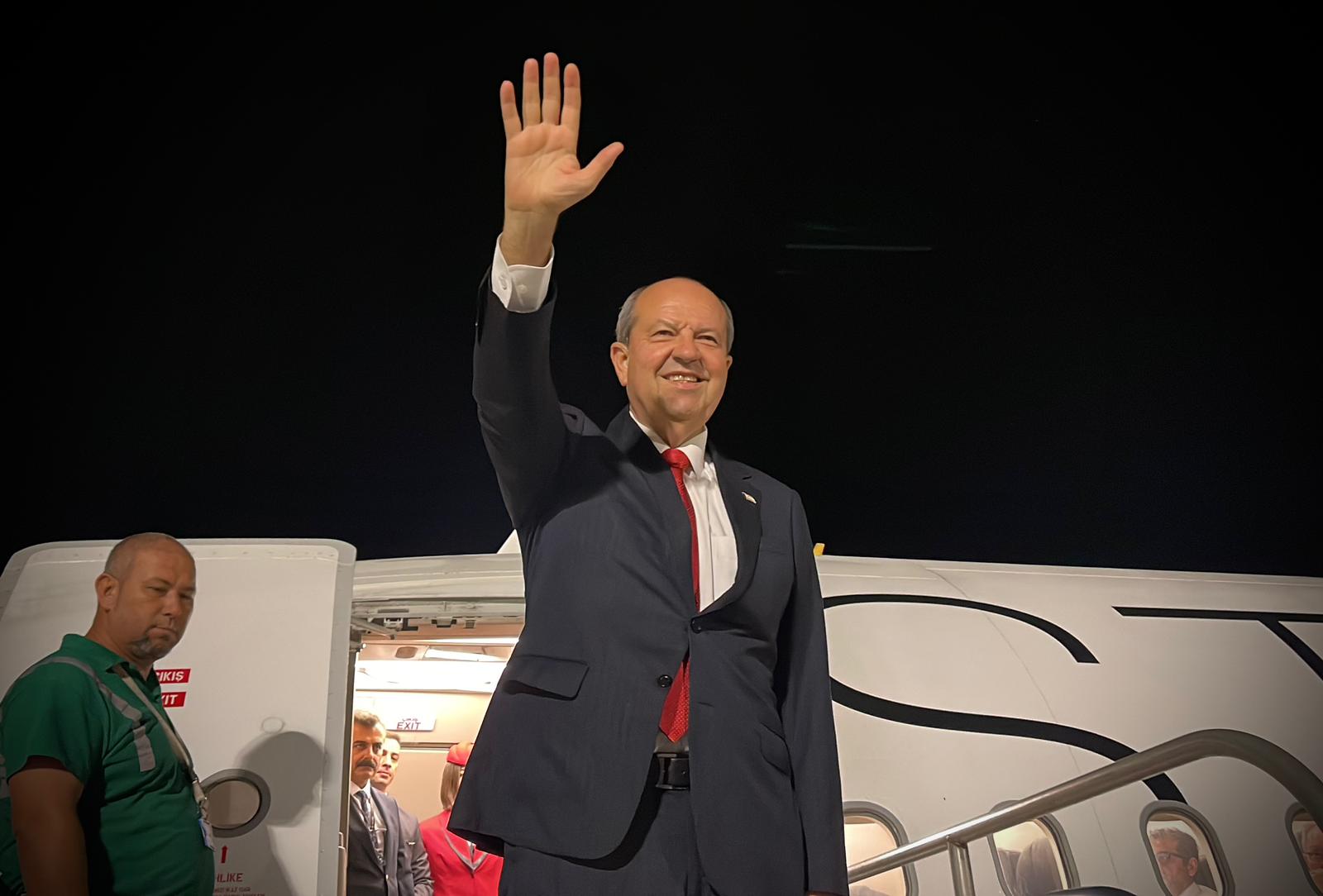Energy bills are soaring in Europe. What are countries doing to help you pay them?
Spiralling inflation has sparked a cost-of-living crisis across Europe, and governments are stepping in to try to shield households and …

Spiralling inflation has sparked a cost-of-living crisis across Europe, and governments are stepping in to try to shield households and businesses from the seemingly never-ending surge in energy prices.
For many families these days, it feels like paycheques are immediately evaporating as inflation drives up the cost of groceries and fuel, landlords increase rent and utility bills keep soaring.
Inflation jumped to a new all-time high of 8.9 per cent in July in Europe for the 19 countries bound by the euro, fueled by rising energy costs.
There’s no sign of the energy crisis improving any time soon, as Europe prepares for the possibility that Russia will fully cut off its gas supplies in retaliation for Western sanctions over its invasion of Ukraine.
In one of the most sombre warnings so far, Belgian prime minister Alexander De Croo said Europe could face up to 10 difficult winters as a result of the standoff.
European Union member states are largely responsible for their national energy policies, and EU rules allow them to take emergency measures to protect consumers from rising costs. Here’s a look at what governments across the continent are doing to help.
UK
Britain has a price cap on the most widely used household energy contracts, but bills have been soaring nonetheless. For most British households, power bills are forecast by analysts to rise to around £3,500 (€4,136) a year. The most pessimistic projections shoot to £6,000 (€7,090) a year.
A study by the University of York predicts that over half of all UK households will be trapped in fuel poverty by January 2023, and the cost of living crisis is at the forefront of the battle between Liz Truss and Rishi Sunak to succeed Boris Johnson as the country’s new prime minister.
The government promised earlier this year a £400 (€473) energy bill rebate for every household, which will be either paid directly to accounts that have an automatic payment set up towards their energy provider, or which could be separately claimed by the families.
Households that are already struggling to make ends meet and have already received government benefits will also get a one-off “cost of living” payment of £650 (€768) on top of the £400 discount, and pensioners will receive an extra payment of £300 (€355) this winter.
People with disabilities are also set to receive a payment of £150 (€177) to cover the increased cost of living.

Italy
Italy approved in early August a new aid package worth around €17 billion to help shield firms and families from surging energy costs and rising consumer prices. It comes on top of some €35 billion budgeted since January to fight the cost of living crisis.
A draft seen by Reuters showed the government would extend a €200 bonus paid in July to low and middle-income Italians who did not previously receive it.
Italy has also announced its intention to tax companies profiting from higher energy prices and is promoting a cap on gas prices at a European level to help contain price spikes.
Spain
Like Italy, Spain has decided to tax those energy companies profiting from the increase in energy prices and use the money raised to help its citizens pay the bills.
Madrid has already cut value-added tax (VAT) on energy bills from 21 per cent to 10 per cent, while also cutting an existing tax on electricity from 7 per cent down to 0.5 per cent.
Like Portugal, Spain currently enforces a one-year long cap on gas prices, agreed by the European Commission, which ensures they remain lower than an average of €50 per megawatt-hour.
France
France is also offering a one-off payment to its citizens to help them face hard times, though at just €100 this is considerably lower than in the UK and Italy.
But France has stepped up its game at the source, forcing the state-owned energy provider EDF and forcing it to limit electricity wholesale price rises to 4 per cent for a year. The move is expected to cost €8.4 billion.
The country’s domestic tax on final electricity consumption (TICFE) has also been curbed from €22.50 per megawatt hour to only €1 per megawatt hour for households, and €0.50 for businesses.
Denmark
In June, Danish lawmakers agreed on a cash handout to the elderly and other measures totalling 3.1 billion Danish kroner (€417 million), including a cut to a levy on power prices.
The parliament has also approved a so-called “heat cheque” worth 2 billion Danish kroner (€269 million) that will be paid to over 400,000 households hit hard by rising energy bills.

Germany
Germany, which has struggled to curb its heavy dependency on Russian gas, has pledged to lower the value-added tax on natural gas from 19 per cent to 7 per cent until the end of March 2024.
Germany also approved two relief packages for a total of €30 billion to help its citizens with rising energy prices this year.
The German government will offer a one-off energy price flat rate of €300 to all taxpayers, transferred to them via their employer’s payslip. Families receiving child support will get an extra €100 per child, while people on benefits will receive a €200 one-off payment. Those on housing assistance will get a €270-worth top-up for people on housing assistance.
The country is also offering subsidised public transport tickets.
However, German households will have to pay almost €500 more a year for gas due to a new levy – to be imposed from October – helping utilities cover the cost of replacing Russian supplies.

The Netherlands
The Dutch government, which is expecting inflation to hit 5.2 per cent this year, is offering eligible households a one-off energy allowance of €800.
It’s also lowering VAT on energy from 21 per cent to 9 per cent and cutting duty on petrol and diesel by 21 per cent, a cap which will remain in place until the end of the year.
Greece
Greece has spent about €7 billion in power subsidies and other measures since last September to help households, businesses and farmers pay their electricity and gas bills.
The subsidies absorb up to 90 per cent of the rise in monthly power bills for households and 80 per cent of the rise for small and medium-sized firms.
Norway
As energy market prices increase around the world, Norwegians will only pay a set amount decided by the government last year. According to a scheme introduced by the government in 2021, Norwegians only pay bills in full when prices are under 70 crowns (€7) per kWh. When energy bills pass that threshold, the government covers 80 per cent of the total.
Despite this, Norwegians are apparently still struggling to pay their bills, and the government is mulling other options to help out households this winter.
Bulgaria
Bulgaria in May approved a 2 billion levs (€1 billion) package aimed at shielding companies and low-income consumers from the surge in energy and food prices caused by the conflict in Ukraine.
Since July, the government is also offering a discount of 0.25 levs (€0.13) per litre of petrol, diesel and liquefied petroleum gas and methane until the end of the year and it’s scrapping excise duties on natural gas, electricity and methane.










